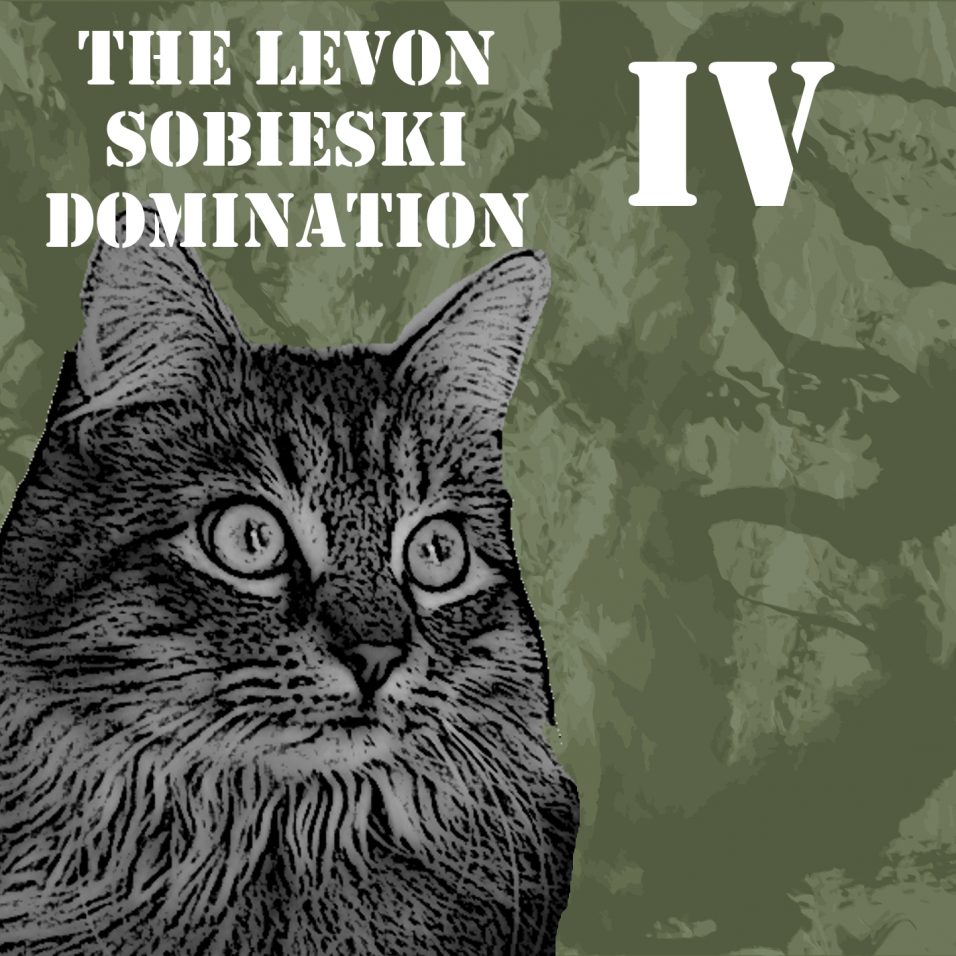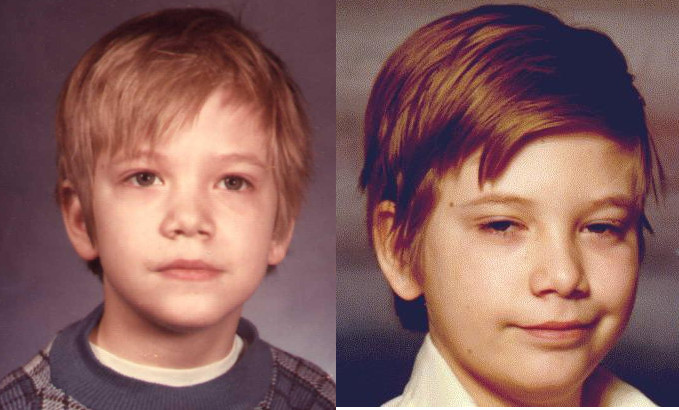The Beautiful Solitude of Writing

Like a lot of folks, I’m a broadly creative kind of person—I just like making shit up, in a wide variety of media. The fun of making stuff doesn’t necessarily require talent; I make videos and music and sad, misshapen things around the house using editing, composition, and carpentry skills that run the gamut from mediocre to nonexistent, but I don’t worry about the end result much. I just enjoy making stuff.
So, one reason I’m a writer instead of a musician or a furniture-maker is the fact that I’m good at writing, whereas I am … not good at those other things. I might enjoy making music, but I’m not good at it, and that’s okay.
But you know what, there’s another reason I write instead of some other creative expression: The lack of collaboration.
Me Myself and I
To put it bluntly, I hate working with other people. I hate having to offer up my ideas before I’ve polished them, and I hate having to fight and push to get things the way I want them. I fully recognize that this process of having to defend your ideas is healthy, and often results in better work. When you’re forced to defend every idea, you have to up your game.
But I don’t enjoy it, so I don’t do it.
The great part about writing is, you don’t need other people. Or special equipment. Or software skills. All you need is a writing implement and some ideas. That’s awesome. Even if I had some special talent aside from writing—which, it’s worth repeating, I do not—writing would attract me because it’s so old school you can literally do it with a piece of charcoal and a rock. Nothing gets in the way—not screens, power failures, or the annoying tendency of people to have feedback and alternative takes.
Of course, the real epiphany always comes late in the essay: The fact is, the collaboration comes in the writing game, it’s just kicked down the line. Because once you convince someone to represent or buy your work, the notes come. The edit letters. The comments in the margin. The tracked changes. Whether I like it or not, selling your work usually means opening yourself up to collaboration.
But, there’s a crucial difference. When I am forced to collaborate later in the process, I’ve sold the damn thing. I have a fair amount of confidence that it’s pretty good. Which not only makes the act of having to interact with other people (shudder) much easier, it makes it much easier to push back on feedback and take a stand on the intention behind your writing choices.
Of course, my other secret weapon is my social awkwardness and charming personality, which combine to ensure that no one wants to collaborate with me twice.









